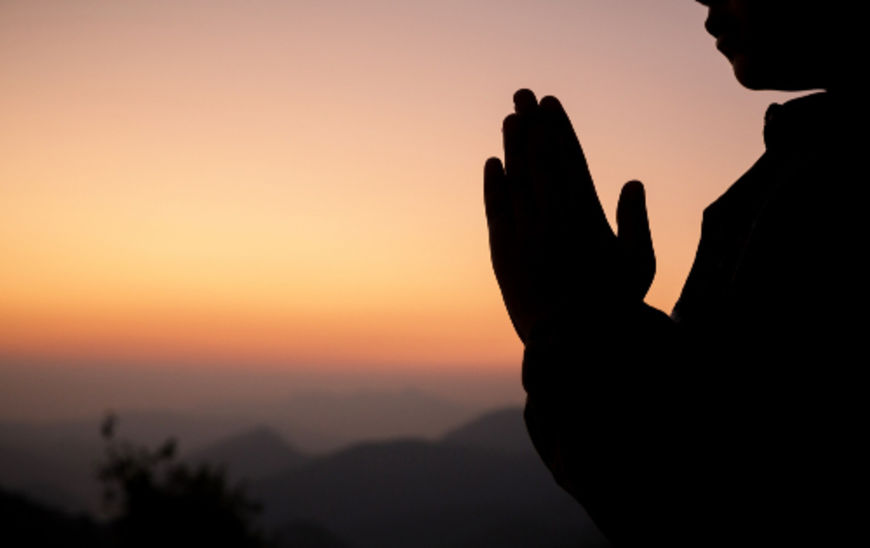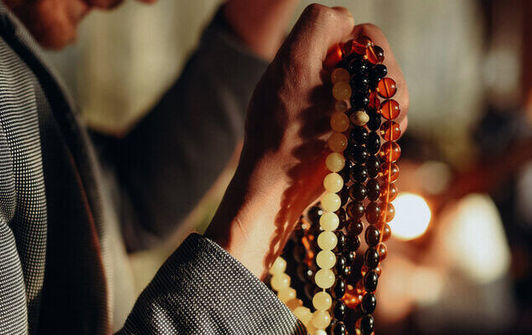
In Islam, Jumu'ah, or Friday Prayer, holds a special place as a day of communal worship and spiritual reflection. It is a weekly congregation that provides an opportunity for Muslims to gather, pray, and renew their faith together. Jumu'ah is a prayer and a profound symbol of unity and devotion within the Islamic community worldwide.
Origins and Historical Context
The practice of Jumu'ah dates back to the time of the Prophet Muhammad (PBUH), who established Friday as a day of worship and community gathering. According to Islamic tradition, this was inspired by divine revelation, with verses in the Quran (Surah Al-Jumu'ah, 62:9) encouraging believers to leave their daily affairs and come together for prayer. Early Muslims observed Jumu'ah with great reverence, making it a central part of their religious life.
The Hadith literature also underscores the importance of Friday Prayer. The Prophet Muhammad (PBUH) emphasized the significance of attending Jumu'ah and even mentioned that those who miss three consecutive Jumu'ahs without a valid reason might face spiritual consequences. This historical context underscores Jumu'ah as a well-established and deeply-rooted tradition in Islam.
The Ritual and Structure of Jumu'ah
The Friday Prayer typically begins with the Khutbah, a sermon delivered by the Imam, who speaks on various religious and social topics. Following the Khutbah, the congregation performs a two-unit (rak'ah) prayer in unison, marking the core of Jumu'ah worship. Many Muslims also engage in the recitation of Surah Al-Kahf on Fridays, which is believed to offer protection and blessings.
Purification is a vital component of attending Jumu'ah, as Muslims are encouraged to perform ablutions (wudu) and wear clean clothes. This act of physical cleansing symbolizes spiritual readiness, helping worshippers prepare their hearts and minds for prayer.
Spiritual and Social Significance
Jumu'ah serves as a weekly reminder of faith, fostering a sense of spiritual renewal among Muslims. It offers a time for collective worship, reinforcing feelings of unity and brotherhood. Muslims from all walks of life come together, demonstrating that they are part of a global community united by shared beliefs and values.
The Friday Prayer also reinforces Islamic principles, with the Khutbah often addressing ethical issues, social responsibilities, and the importance of living a righteous life. This sense of shared purpose and guidance plays a crucial role in the lives of Muslims, helping them stay connected to their faith throughout the week.
Role of the Khutbah (Sermon)
The Khutbah is an essential aspect of Jumu'ah, serving as both a religious and educational platform. During the Khutbah, the Imam provides insights into Islamic teachings, often addressing contemporary issues that affect the congregation. This helps bridge the gap between timeless religious principles and modern-day challenges, offering guidance and inspiration.
Imams tailor their sermons to reflect the needs and concerns of their communities, making the Khutbah an important tool for fostering awareness and moral guidance. Through the Khutbah, Muslims are reminded of their responsibilities towards themselves, their families, and society as a whole.
Jumu'ah as a Day of Blessings
Friday is regarded as a day of blessings in Islam, with several practices and supplications associated with it. Muslims are encouraged to offer special prayers, seek forgiveness, and increase their acts of charity on this day. The recitation of Surah Al-Kahf is particularly significant, as it is believed to provide spiritual protection and illumination.
In addition to these religious observances, traditions such as wearing clean and well-maintained clothing, applying perfume, and using miswak (a natural tooth-cleaning twig) are encouraged, symbolizing the importance of personal cleanliness and respect for the day.
Importance of Jumu'ah in Modern Times
In today’s fast-paced world, Jumu'ah provides Muslims with a chance to step back from their routines and reconnect with their faith. It serves as a moment of respite and reflection, helping individuals center themselves and draw strength from their community.
In Muslim-majority countries, Jumu'ah is often a public holiday or a half-day, allowing for full participation. For Muslims living as minorities, attending Jumu'ah may require extra effort, but it often holds even greater significance as it fosters a sense of belonging and identity within a broader society.
Common Questions and Misconceptions
Several misconceptions surround the Friday Prayer, such as the notion that it is optional. While attending Jumu'ah is obligatory for adult Muslim men, it is highly recommended for women, who may choose to attend if they wish.
Another common question is about the distinction between Jumu'ah and the regular Dhuhr prayer. Jumu'ah replaces the Dhuhr prayer on Fridays and follows a unique format that includes the Khutbah and a two-unit prayer. Understanding these nuances helps dispel misunderstandings and enhances appreciation of Jumu'ah’s importance.
Jumu'ah is more than just a weekly prayer; it is a vital pillar of Muslim communal life. Its historical roots, structured rituals, and spiritual significance make it a cherished practice that strengthens the faith and bonds of Muslims worldwide. Through Jumu'ah, believers find an opportunity to renew their spiritual commitment, foster a sense of unity, and gain insights into living a balanced and righteous life.




 Jewelry
Jewelry Silver amber jewelry
Silver amber jewelry Amber pictures
Amber pictures Souvenirs
Souvenirs